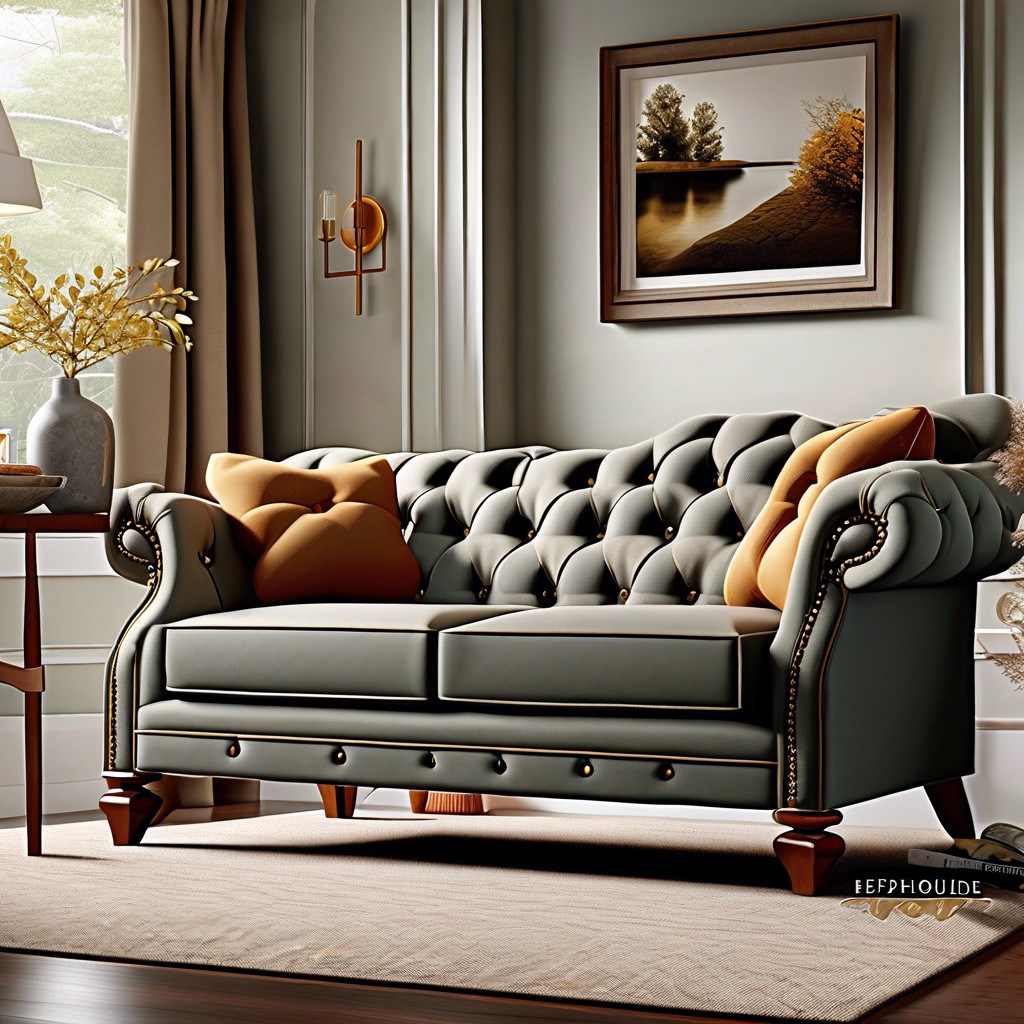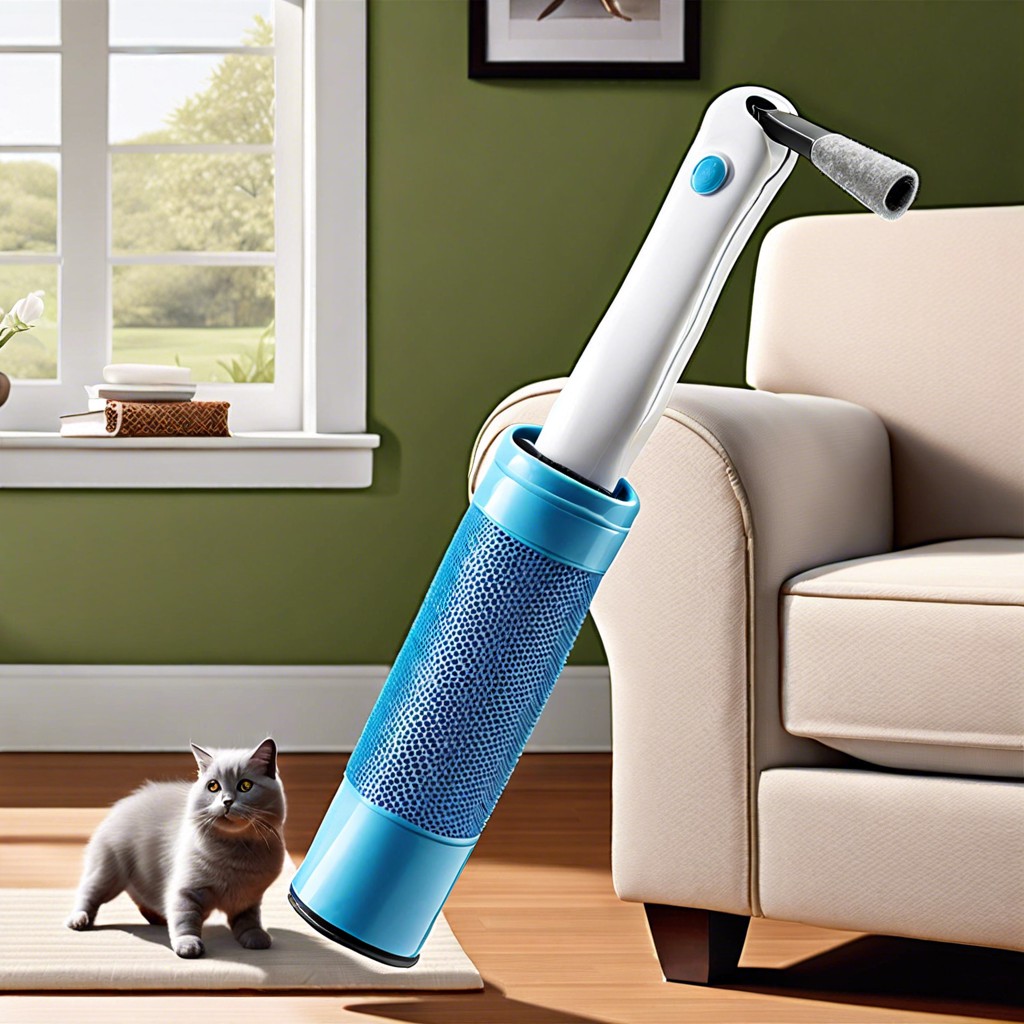Last updated on
Understanding why dogs urinate on beds and couches can help pet owners address this common but perplexing behavior.
Key takeaways:
- Territorial marking is a natural behavior for dogs.
- Inappropriate elimination may indicate underlying medical conditions.
- Consistency and positive reinforcement are key in training.
- Routine veterinary check-ups are important for overall health.
- Seek professional help if the issue persists despite preventive strategies.
Table of Contents
Understanding Territorial Marking
Territorial marking is a natural behavior for dogs, rooted in their instinct to define and secure their space. When a dog urinates on a bed or a couch, it emits pheromones through its urine to claim the area as its own and feel more secure in its environment.
This behavior can be more prevalent in multi-pet households where dogs feel the need to establish their rank. Intact males and females, in particular, have a stronger urge to mark due to their hormonal drives. Although marking is more common in males, females may also display this behavior, especially if they are in heat.
It’s crucial to differentiate between marking and full bladder emptying; marking typically involves releasing small amounts of urine on vertical surfaces. Addressing territorial marking begins with understanding that it is a form of communication for your dog.
Identifying Signs of Possible Medical Issues
Occasionally, inappropriate elimination, such as a dog peeing on beds or couches, may signal underlying medical conditions that call for attention. Here are some red flags that might indicate your furry friend needs a health check:
- Increased frequency of urination, sometimes with only a small amount being passed, can be a sign of urinary tract infections or bladder stones.
- Sudden onset of accidents in a previously house-trained dog may point towards conditions like diabetes or kidney disease.
- Straining or crying during urination is often a clear indicator of discomfort and shouldn’t be ignored.
- A notable increase in water consumption could be symptomatic of health issues that require a vet’s evaluation.
- Changes in the color or odor of urine can also provide clues to potential problems.
Promptly consulting with a veterinarian when you notice these signs helps ensure early detection and treatment, improving your dog’s health and wellbeing while potentially mitigating the unwanted behavior.
Training Strategies to Address Behavioral Causes
Consistency is key when redirecting inappropriate elimination behaviors. Training a dog successfully requires patience and positive reinforcement.
Start by keeping your pet on a strict bathroom schedule, taking them out at the same times every day. Praise and treats immediately following outdoor elimination reinforce the desired behavior.
If accidents happen, clean them thoroughly with an enzymatic cleaner that removes the scent. Dogs may return to spots where they can smell their urine. Prevent access to the bed or couch by blocking these areas or using deterrents until the behavior is under control.
Crate training can also be beneficial. Dogs naturally avoid soiling their sleeping area. When used appropriately, a crate becomes a safe space for your dog and prevents accidents when you can’t supervise directly.
Engage in regular obedience training to strengthen the bond between you and your dog. A strong bond can result in a dog that is more attentive and eager to please, which can help in correcting unwanted behaviors.
When attempting these strategies, never punish after the fact. Dogs do not understand delayed punishment and may become fearful or anxious, which can exacerbate the issue. Instead, focus on redirecting the behavior with patience and consistent guidance.
Importance of Routine Veterinary Check-ups
Routine veterinary check-ups play a critical role in ensuring your pet’s overall health and in diagnosing issues that may lead to undesirable behaviors like urinating on furniture.
During these visits:
- Comprehensive Assessments: Veterinarians can perform physical exams to identify any discomfort that might be causing your dog to avoid their usual bathroom spots.
- Diagnostic Tests: Bloodwork, urinalysis, or imaging may be ordered to rule out conditions such as urinary tract infections, diabetes, or bladder stones that can lead to incontinence.
- Preventive Care: Regular check-ups help with the early detection and management of health problems before they become more serious and affect behavior.
- Behavioral Consults: Veterinarians can offer advice or refer you to a behaviorist if they believe the urination issues stem from anxiety, stress, or other psychological factors.
- Tailored Solutions: Based on your dog’s health status, vets can provide specific recommendations for diet, exercise, and environmental modifications to help prevent accidents.
Such preemptive healthcare contributes significantly to a happy, well-behaved pet, and may proactively address the root causes of urinating on beds and couches.
When to Seek Professional Help
Despite best efforts, sometimes the issue persists, indicating there might be more at play than initially assumed. If a dog continues to urinate on beds and couches despite preventive strategies and a clean bill of health, seeking professional help becomes necessary.
Behaviorists can pinpoint the underlying causes and tailor a management plan that suits the dog’s needs, leveraging a deep understanding of canine psychology. Additionally, trainers can offer personalized training regimens to mitigate this behavior.
When behavior modification and medical interventions fail to stop the undesired activity, it’s crucial to consider environmental stressors or deeper anxiety issues that may require a specialist’s attention. The collaboration with professionals ensures not only the well-being of the pet but also the preservation of a harmonious home environment.




